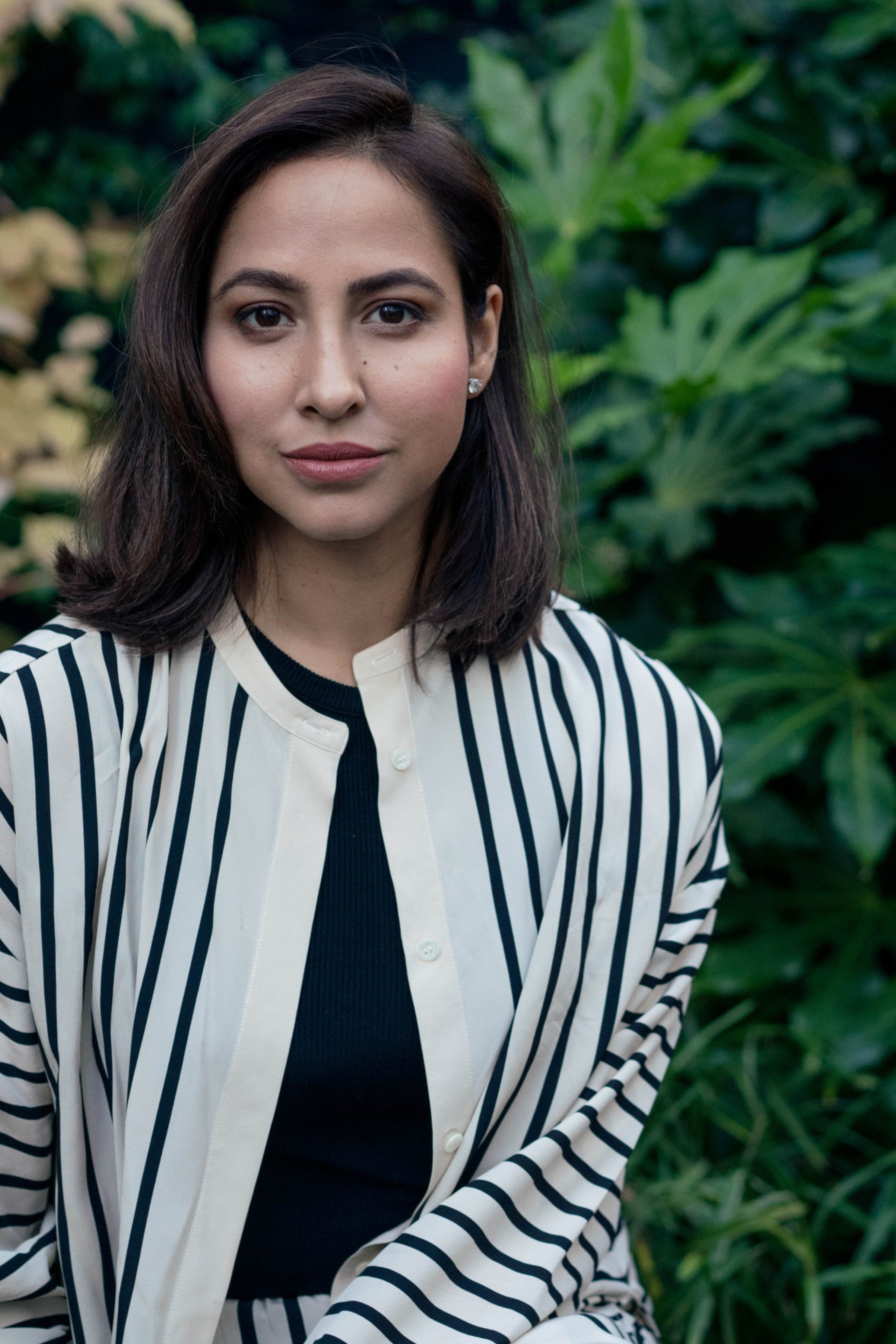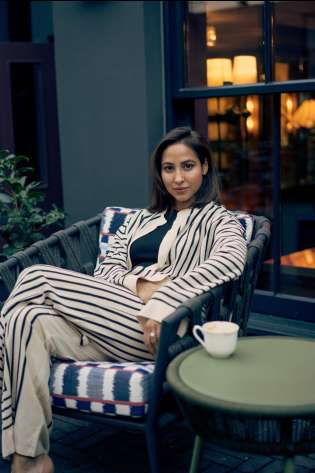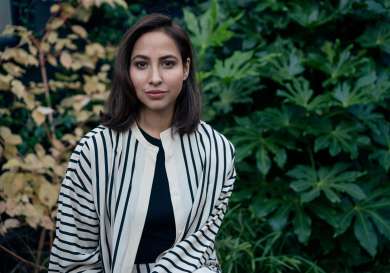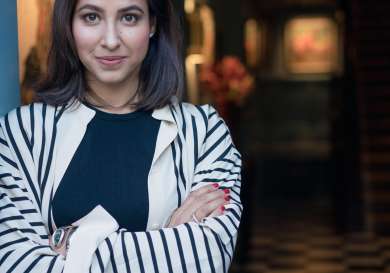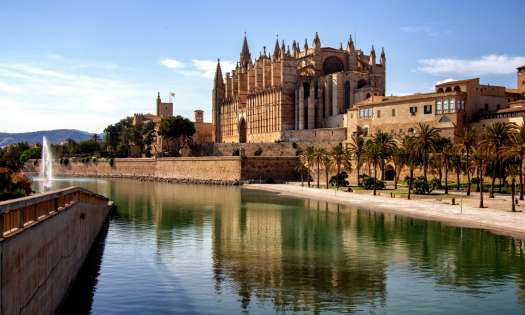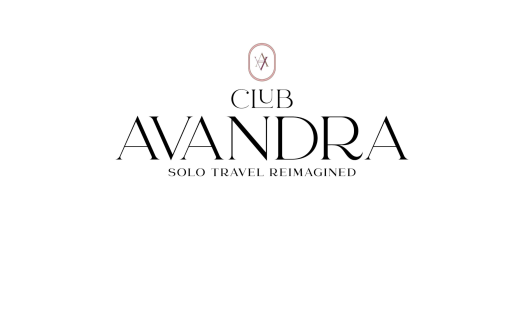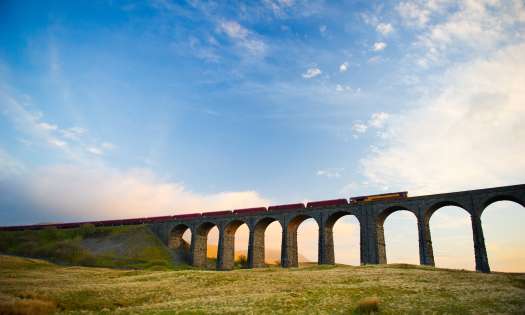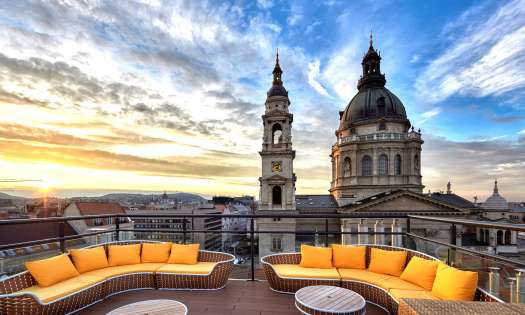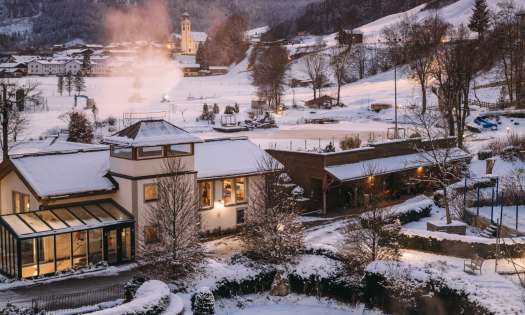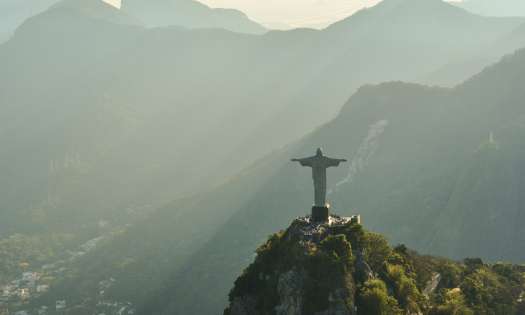“The catalyst was a trip to Istanbul with my friends. There were so many elements that just didn’t suit us as female travellers – from safety and hotel amenities, and a source of information on travel that really talked to women like me – looking for a comfortable but sophisticated stay,” Sheena says. “I was longing for travel suggestions that spoke to me. I thought, ‘Where would I stay if I came again? Who can I ask for advice?’ There was nothing out there to help women plan their next adventure. And so, Citizen Femme was born.”
With women accounting for 54% of affluent travellers with annual incomes upwards of $250,000, we thought it apt to chat with Sheena about how the travel landscape and industry are panning out.
Q: Can you tell us about your background and how it led to the founding of Citizen Femme?
A: My background has been incredibly varied, from growing up in the hospitality industry to working in PR and acting. However, the trip to Istanbul with my girlfriends really inspired me to launch the platform. We struggled to find safe and reliable recommendations for our travels, and I realised there was a gap in the market for somewhere that could provide that peer-to-peer recommendation and support specifically for female travellers. I founded Citizen Femme with the aim of empowering women to explore the world with confidence and independence.
Q: How have you seen the travel industry adapt for women since founding Citizen Femme, and what changes do you think will occur in the next few years?
A: What I think the travel industry is really adapting to is growing independence amongst women. Women who have the emotional and financial freedom to explore, whether that’s for work, solo travel, leisure, and self development - that’s a big one - are part of a growing number of people making purchasing decisions. The industry and waking up to this. Over the ages of 35 or 50, there’s a big surge in women’s solo travel as well, and that whole generation of travellers who are looking at social media and being influenced by the idea of nomadic lifestyles, so everything is changing to adapt to this audience.
The travel industry is certainly adapting to the changing needs of female travellers. There is a huge increase in women business travellers, as more women enter the workforce and seek independence in their travel decisions. The industry is also waking up to the fact that women make over 80% of travel decisions and have significant purchasing power and influence. As a result, we're seeing more offerings tailored to women, such as wellness and multi-generational travel options. In the next few years, I expect this trend to continue, with more emphasis on social media and independence, as well as a rise in solo travel.
Q: What unique challenges do women travellers face, and how can they be addressed?
A: Fear and safety are probably the biggest challenges that women travellers face. There is always a risk of personal safety when travelling, but it's important to travel with your head and stay aware of your surroundings. It's also important to be mindful of assumptions others may make about women when they’re travelling; such as that they are more vulnerable when they are drinking on their own in a hotel bar or dining alone.
The challenges we face when travelling are not so different to what we face at home. It’s about personal safety. To address it, you think about things like making sure you have a charged phone with you and connecting to a local service provider, and knowing where you are staying.
Q: How do you see technology shaping the travel experience for women?
A: Technology has had a huge impact on the travel industry, giving us greater access to information and more choices when it comes to booking travel and accommodations. For women travellers specifically, technology is helping to address safety concerns through apps available to everyone like Find My Friends, which allows users to share their location with select people. Google Translate is helpful for overcoming language barriers and communicating with locals.
Q: How has technology affected the way women book and plan travel?
A: If you look at Airbnb, you will see now that it allows for cheaper, longer stay options, which often appeals to female travellers. Plum Guide is much more curated and high-end, as is Onefinestay. There’s just a lot more information about what options there are for accommodation in varied destinations, which has made things easier.
Q: How do you see technology continuing to shape the travel experience for women in the future?
A: I think technology will likely continue to play a major role in shaping the travel experience for women moving forward. We can expect to see more apps and platforms specifically designed for women travellers, as well as advancements in safety technology. Additionally, the use of social media and digital platforms will continue to impact the way women plan and share their travel experiences.
